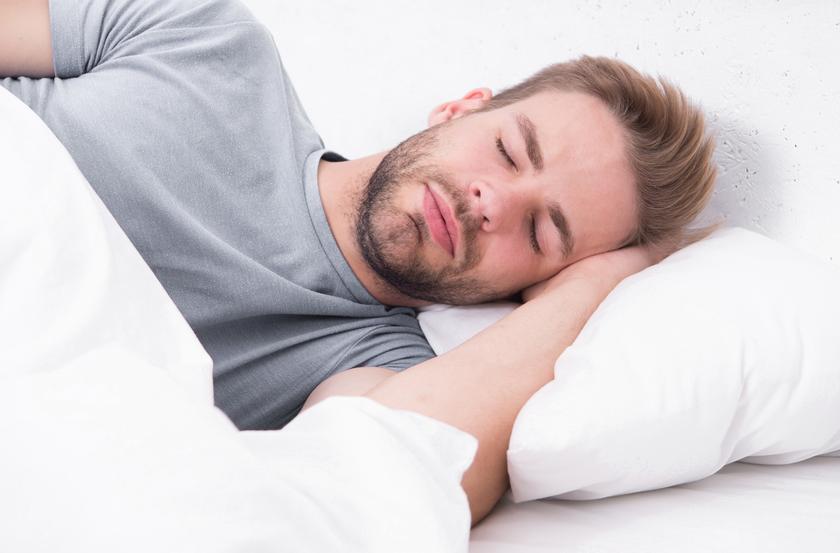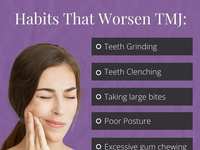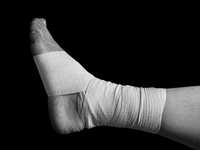- Categories :
- More
Why Should I Choose a Dentist to Treat My Sleep Apnea?

If you have sleep apnea, getting treatment is critical. As long as your sleep apnea is untreated, you are at elevated risk for serious complications related to the condition, including heart attack, stroke, car accidents, dementia, depression, and more.
However, getting the proper sleep apnea treatment isn’t always easy. Many sleep professionals can help with sleep apnea. Some people want to work with a sleep physician, but other times, a sleep apnea dentist is the best choice.
What Doctors Can Treat Sleep Apnea
Most of the time, sleep doctors are prominent in sleep apnea treatment. After all, a sleep physician will perform your sleep apnea diagnosis, so it only makes sense that they will then prescribe a sleep apnea treatment.
Sleep doctors can come from different backgrounds, including:
- Ear, nose, and throat doctor (otolaryngologist)
- Neurologist
- Pulmonologist
- Cardiologist
- Psychiatrist
Sometimes, there are good reasons to seek out sleep physicians with these backgrounds. We’ll discuss why you might want to seek out these particular sleep doctors.
Otolaryngologist
When you suspect obstructive sleep apnea, an otolaryngologist is an excellent place to start. They can help diagnose your condition and decide if a surgical procedure might be recommended. However, surgical sleep apnea treatment is rarely recommended as a first step.
Neurologist
As a specialist in dealing with the central nervous system, a neurologist is recommended if you suspect central sleep apnea, in which your brain isn’t sending signals to tell your body to breathe during sleep.
Pulmonologist
A pulmonologist is a lung specialist who is recommended if you have other lung conditions as well as sleep apnea. If, for example, you are a heavy smoker or have chronic obstructive pulmonary disease (COPD), a pulmonologist might help you address the complex interactions of these various conditions.
Cardiologist
Some of the most common and severe complications of sleep apnea are cardiovascular, including heart arrhythmias, heart failure, and stroke. If you already have cardiovascular disease related to your sleep apnea, a sleep physician with a cardiology background might be recommended.
Psychiatrist
A psychiatrist can help if you have behavioral problems that affect your sleep, such as an inability to get to sleep on time or a tendency to dwell on anxious thoughts that keep you awake. A sleep physician with a psychiatrist background can also help you deal with some of the psychological complications of sleep apnea, such as depression or other mood disorders.
When Dentists Are Best for Your Sleep Apnea
In addition to sleep physicians, you can get sleep apnea treatment from a sleep dentist. Just as with the different sleep doctors, there are good reasons why you should consider seeing a sleep dentist. Some of these reasons include:
- Learning about more sleep apnea treatment options
- Dealing with TMJ symptoms
- Reluctance about CPAP
- Difficulty adjusting to CPAP
- Help with travel-friendly sleep apnea treatment
We’ll talk about all these reasons in more detail below.
Get Information about Alternative Sleep Apnea Treatments
Although sleep physicians may come from different backgrounds, they typically agree on using CPAP for sleep apnea. Almost everyone seeing a sleep physician will be prescribed CPAP. You might not even be told that there are alternative treatments other than surgery, which have high risks.
If you want to know about treatments like oral appliance therapy, you should talk to a sleep dentist.
Deal with TMJ Symptoms
Temporomandibular joint disorders (called TMJ or TMD) can be painful, disruptive, and disabling. If you have TMJ–and more than half of people with sleep apnea do–a sleep dentist can help you manage the two conditions together.
In addition, all sleep apnea treatments have the potential to aggravate, worsen, or contribute to the development of TMJ. A sleep dentist can help you manage this risk.
Choose a Treatment Other Than CPAP
As we said above, your sleep physician will likely prescribe CPAP, but not everyone wants to try CPAP. A sleep dentist can help you look at your treatment options. For most people with mild to moderate obstructive sleep apnea, oral appliance therapy can be a frontline treatment.
Get a Sleep Apnea Treatment That Works for You
Some people give CPAP a good-faith try but find that it just doesn’t work. They still need sleep apnea treatment; in this case, a sleep dentist can help them with oral appliance therapy.
Get a Travel-Friendly Sleep Apnea Treatment
Some people adapt well to using CPAP at home but find it a terrible nuisance when traveling.
You can have a dedicated space for your CPAP machine at home, a cabinet that holds all your accessories and makes it easy to use. You can also manage CPAP maintenance at home. You have the proper equipment and supplies, and it’s built into your routine.
CPAP can be challenging to travel with. It requires an entire bag of its own, and you need a place to set it up at your destination. Plus, you need to have access to power in the right place. Going through security can be a nuisance. Finally, CPAP maintenance can consume a chunk of time you can’t or don’t want to spare when traveling for work or pleasure. Travel CPAP machines can help with some of these, but often at the cost of poor performance and/or increased discomfort.
Oral appliance therapy is a great travel alternative. It fits in your pocket, requires no power, and is very easy to maintain. If you find your CPAP machine too much of a travel nuisance, a sleep dentist can provide a more convenient alternative.












